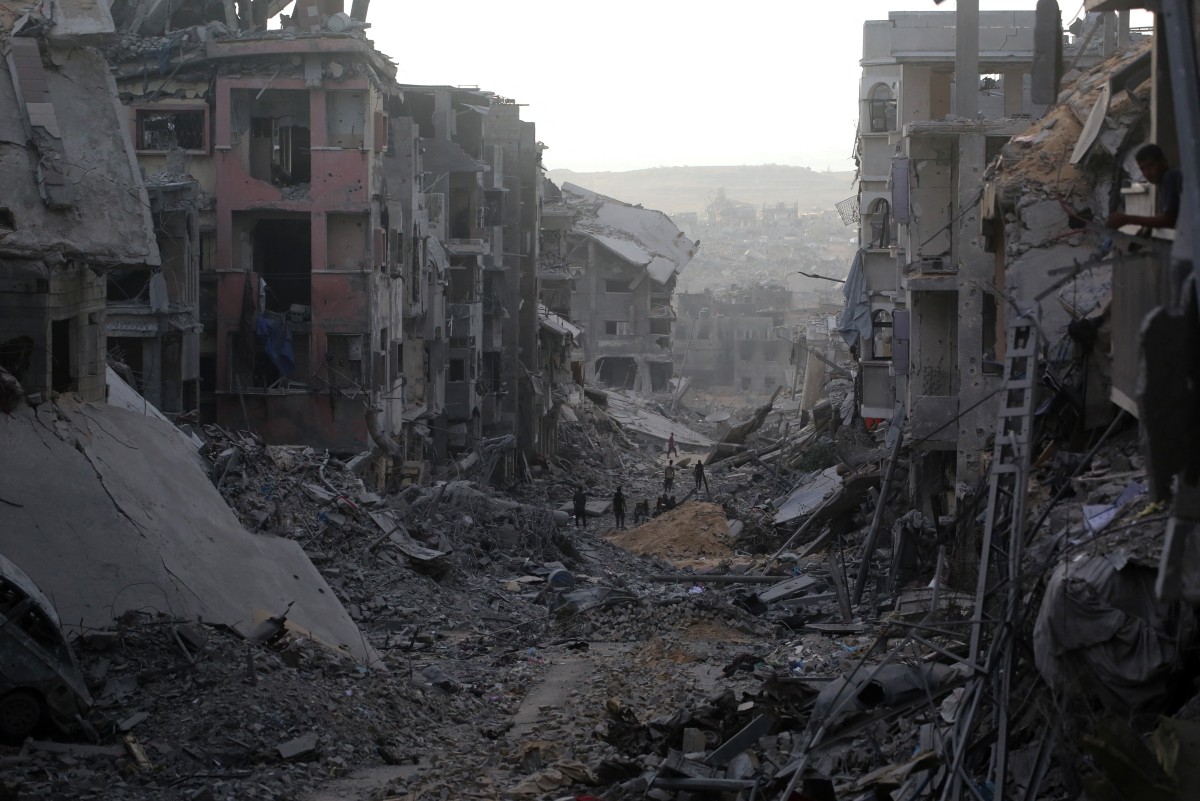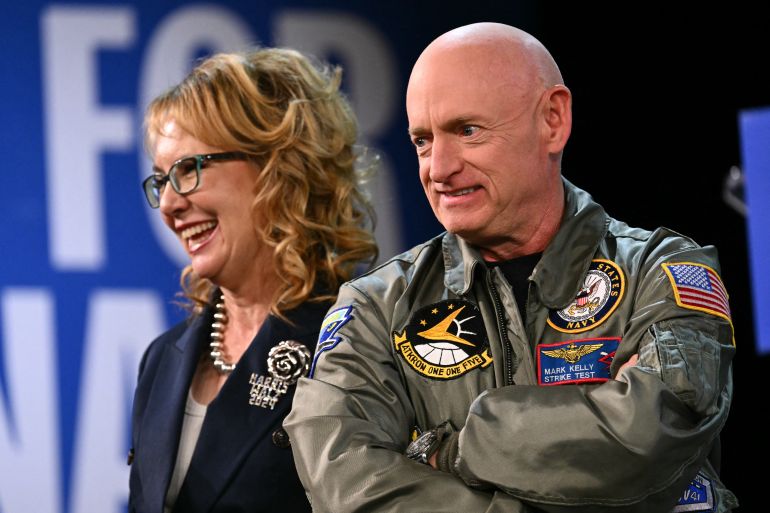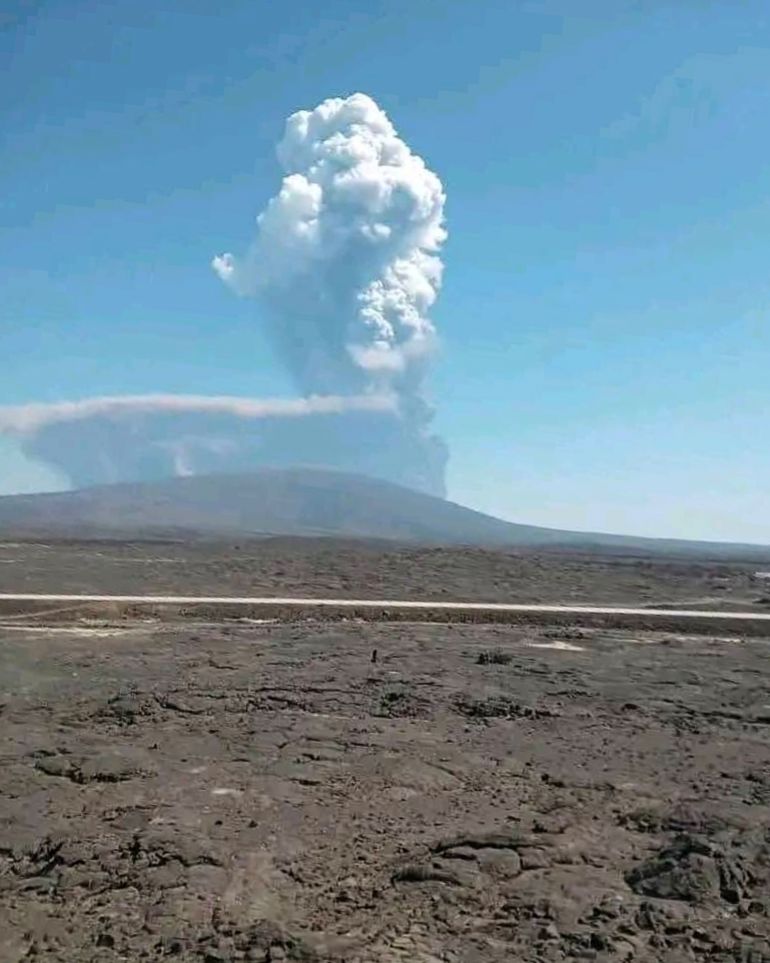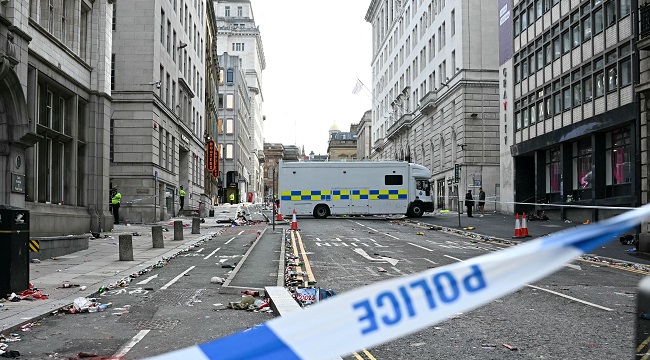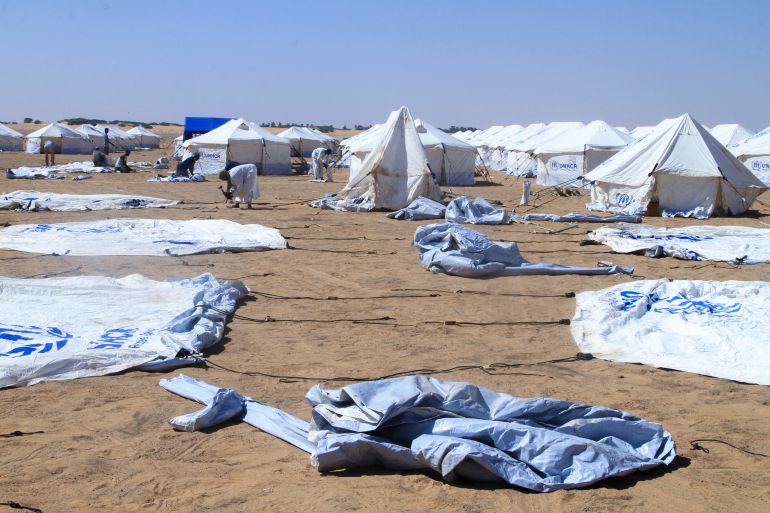England will face tournament debutants Italy at the 2026 Men’s T20 World Cup, while defending champions India and Pakistan will renew their rivalry in the group stage.
England and Italy have been drawn together in Group C and will meet in Kolkata on 16 February.
Harry Brook’s side will begin their tournament against Nepal on 8 February (Mumbai) before playing West Indies (11 February, Mumbai) and Bangladesh (14 February, Kolkata).
India and Pakistan, meanwhile, are in Group A alongside Namibia, the Netherlands, and the USA, and will face off in Colombo, Sri Lanka, on 15 February. It will be their first meeting since they contested three fiery matches at the 2025 Asia Cup.

It will follow the same format as the 2024 edition, with the 20 teams divided into four groups of five. The top two teams in each group will advance to the Super Eights, where they are split into two groups of four.
The top two in each group will then progress to the semi-finals, which will be held on 4 March (in Kolkata or Colombo) and 5 March (in Mumbai).
Pakistan will play all of their matches in Sri Lanka because of ongoing political tensions with India.
The final will be hosted in Ahmedabad, unless Pakistan qualify, when it will be moved to Colombo.
Australia begin their tournament against Ireland on 11 February, with Sri Lanka, Zimbabwe and Oman the other sides in Group B.
Analysis: England avoid tricky draw but Group C not straightforward
All eyes are currently on the Ashes but things quickly move on when the Australia series concludes. Having exited the Champions Trophy without winning a match this year, Brendon McCullum needs an upturn in white-ball fortunes in conjunction with captain Harry Brook.
England’s group could have been worse – the trio of South Africa, New Zealand and Afghanistan in Group D is tasty – but it is not entirely straightforward.
It is a cliche but West Indies are always dangerous, though England have won their past two series against them, while Bangladesh, who have won four of their past five T20 series, could be tricky in conditions that suit.
The allocation of venues has been more kind to England. They begin in Mumbai and while they were heavily beaten there by South Africa in the 50-over World Cup of 2023 that high-scoring pitch should suit their aggressive batters and pace bowlers compared to spinning conditions elsewhere.
Two games in Kolkata, including the one against Bangladesh, is intriguing. If the pitch is like the one in last week’s Test between India and South Africa then spinners will come to the fore. It was largely flat there in the IPL this year, however, and similar conditions would suit England.
Should they progress, England will head to Pallekele – another high-scoring venue.
Men’s T20 World Cup 2026: Full schedule
Group A: India, Pakistan, USA, Netherlands, Namibia
Group B: Australia, Sri Lanka, Ireland, Zimbabwe, Oman
Group C: England, West Indies, Bangladesh, Nepal, Italy
Group D: New Zealand, South Africa, Afghanistan, Canada, UAE
All start times GMT
7 February: Pakistan v Netherlands (Colombo, 5.30), West Indies v Bangladesh (Kolkata, 9.30), India v USA (Mumbai, 13.30)
8 February: New Zealand v Afghanistan (Chennai, 5.30), England v Nepal (Mumbai, 9.30), Sri Lanka v Ireland (Colombo, 13.30)
9 February: Bangladesh v Italy (Kolkata, 5.30), Zimbabwe v Oman (Colombo, 9.30), South Africa v Canada (Ahmedabad, 13.30)
10 February: Netherlands v Namibia (Delhi, 5.30), New Zealand v UAE (Chennai, 9.30), Pakistan v USA (Colombo, 13.30)
11 February: South Africa v Afghanistan (Ahmedabad, 5.30), Australia v Ireland (Colombo, 9.30), England v West Indies (Mumbai, 13.30)
12 February: Sri Lanka v Oman (Kandy, 5.30), Nepal v Italy (Mumbai, 9.30), India v Namibia (Delhi, 13.30)
13 February: Australia v Zimbabwe (Colombo, 5.30), Canada v UAE (Delhi, 9.30), USA v Netherlands (Chennai, 13.30)
14 February: Ireland v Oman (Colombo, 5.30), England v Bangladesh (Kolkata, 9.30), New Zealand v South Africa (Ahmedabad, 13.30)
15 February: West Indies v Nepal (Mumbai, 5.30), USA v Namibia (Chennai, 9.30), India v Pakistan (Colombo, 13.30)
16 February: Afghanistan v UAE (Delhi, 5.30), England v Italy (Kolkata, 9.30), Australia v Sri Lanka (Kandy, 13.30)
17 February: New Zealand v Canada (Chennai, 5.30), Ireland v Zimbabwe (Kandy, 9.30), Bangladesh v Nepal (Mumbai, 13.30)
18 February: South Africa v UAE (Delhi, 5.30), Pakistan v Namibia (Colombo, 9.30), India v Netherlands (Ahmedabad, 13.30)
19 February: West Indies v Italy (Kolkata, 5.30), Sri Lanka v Zimbabwe (Colombo, 9.30), Afghanistan v Canada (Chennai, 13.30)
20 February: Australia v Oman (Kandy, 13.30)
21 February: Y2 v Y3 (Colombo, 13.30)
22 February: Y1 v Y4 (Kandy, 9.30), X1 v X4 (Ahmedabad,13.30)
23 February: X2 v X3 (Mumbai,13.30)
24 February: Y1 v Y3 (Kandy, 13.30)
25 February: Y2 v Y4 (Colombo,13.30)
26 February: X3 v X4 (Ahmedabad, 9.30), X1 v X2 (Chennai, 13.30)
27 February: Y1 v Y2 (Colombo,13.30)
28 February: Y3 v Y4 (Kandy, 13.30)
1 March: X2 v X4 (Delhi, 9.30), X1 v X3 (Kolkata, 13.30)
4 March: Semi-final 1 (Kolkata or Colombo,13.30)
5 March: Semi-final 2 (Mumbai, 13.30)
Related topics
- England Men’s Cricket Team
- Pakistan
- South Africa
- India
- New Zealand
- Ireland
- West Indies
- Afghanistan
- Bangladesh
- Australia
- Sri Lanka
- Zimbabwe
- Cricket
- 16 August


